How Capitalism Is Worsening the Response to Puerto Rico’s Crisis
Washington's bureaucratic blunders, paired with decades of unfair economic policy, hinder the U.S. territory's recovery from Hurricane Maria.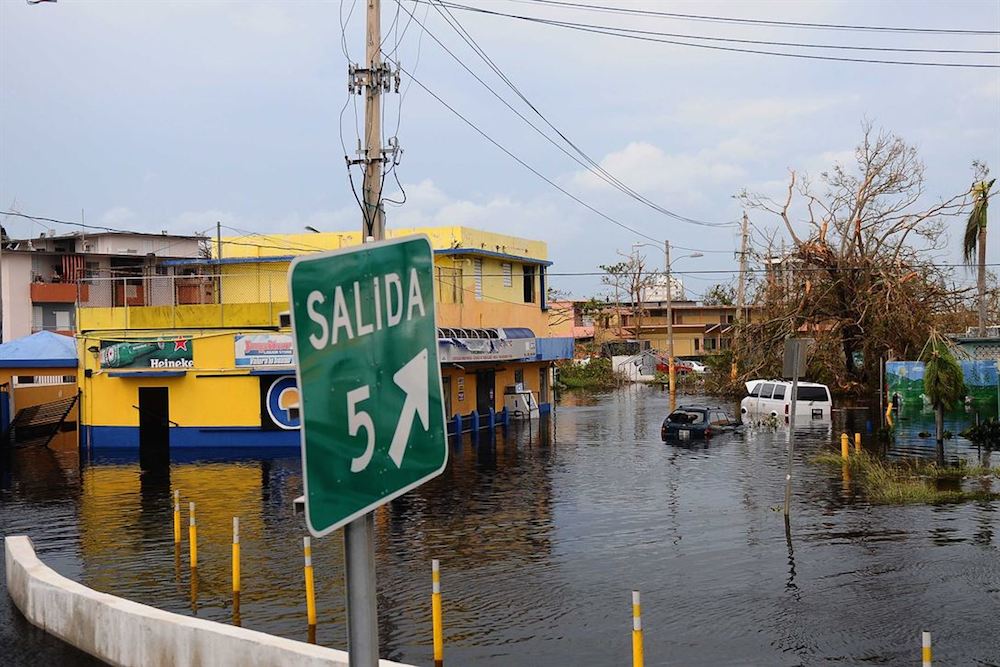 Floodwaters in Carolina, Puerto Rico, after Hurricane Maria slammed the island. (Puerto Rico National Guard photo by Sgt. Jose Ahiram Diaz-Ramos)
Floodwaters in Carolina, Puerto Rico, after Hurricane Maria slammed the island. (Puerto Rico National Guard photo by Sgt. Jose Ahiram Diaz-Ramos)
Puerto Rico is in the throes of a growing humanitarian crisis in the wake of Hurricane Maria. The federal response to the disaster was slow, although President Trump and members of his party are finally taking action to send desperately needed supplies to the island and its residents. But critics argue that it’s too little, too late, and that much of Puerto Rico’s current crisis can be blamed on failed mainland policies.
Immediately after the hurricane, “logistical blunders in addition to bureaucratic decision-making” hindered the delivery of federal aid, Common Dreams writer Julia Conley reports.
“About 9,000 20-foot containers have arrived at a maritime terminal in San Juan in the past few days, following the storm’s landfall on September 20,” Conley writes. “A lack of vehicles and drivers has made it impossible to distribute the aid. With blocked roads, a fuel shortage, and cell phone towers down across the commonwealth, the thousands of federal workers who have arrived on the island and the Puerto Rican government has been unable to create an efficient delivery system.”
But even worse than these “logistical blunders” are the decades of poor economic policy put in place by Washington politicians. Historian Juan Cole traces the island’s failed economy, ultimately concluding that the “decisions that plunged Puerto Ricans into misery were taken over their heads, and they were powerless even to enter the debate, inasmuch as they lack statehood and so lack representation in Congress.”
Political comedian Lee Camp notes in a recent video that U.S. control of Puerto Rico is “colonialism 101.” Numerous activists have echoed this claim, some appearing before the United Nations to call on the U.S. to “decolonize Puerto Rico” and “prohibit the crime of colonialism.”
“Wall Street, via vulture funds, has gutted the Puerto Rican economy,” Camp continues. “They gut every remaining dime out of the people, they force them to cut medical care and education and infrastructure, all the things you need if you’re going to survive a natural disaster like a massive hurricane.”
Watch his full take below:
“America is the one that made sure that [Puerto Rico’s] money went to American bond holders before doing things like building up their infrastructure and building up their society,” Camp says. “We helped create an economy where 46 percent are below the poverty line. … This is the catastrophic system that we’ve set up.”
Puerto Rico filed for a form of bankruptcy protections earlier this year, partly due to “population declines, high unemployment rates, sinking housing values and a large portion of local residents living below the poverty line,” Reuters notes—all of which stem from mainland economic management of the island, Juan Cole and others argue.
The catastrophic outcome of this economic policy is affecting how much aid the island can receive in the wake of the hurricane, Bloomberg’s Michelle Kaske reports.
“Puerto Rico and U.S. Department of Energy officials are still struggling to restore electricity, a week after the storm. Governor Ricardo Rossello has pleaded for more help to avoid a humanitarian crisis,” Kaske writes. “In Washington, House Speaker Paul Ryan and other Congressional officials are still assessing how much aid to send to the island, whose financial collapse has effectively blocked it from raising more money in the financial markets.”
It’s worth noting that Trump’s own treasury secretary, Steve Mnuchin, admitted earlier this year that the island’s “tragic situation” was “caused by quirks in the law that I do not understand how they got that way.”
How have the debtholders responded to the unfolding crisis? By offering Puerto Rico more loans, The Intercept’s David Dayen reports:
A group of bondholders, who own a portion of Puerto Rico’s massive $72 billion debt, has proposed what they are calling relief—but in the form of a loan. So they’re offering a territory mired in debt the chance to take on more debt. …
Experts see even the offer that was made by the bondholders less as a gift and more as a backdoor for creditors associated with the Puerto Rico Electric Power Authority, or Prepa, to take advantage of the disaster by enriching themselves. Offering a desperate population the ability to drown themselves in even more debt is hardly generous.
Puerto Rico also lacks the workforce to help the island get back on its feet, as most young people “have been leaving the island in droves as the economy has tightened,” Vox’s Brian Resnick and Eliza Barclay report. This mass exit will only get worse in response to Hurricane Maria’s damage.
“The population drain in turn makes it harder and harder for Puerto Rico’s economy to recover,” they report. “People will likely migrate on account of the storm, which will make recovery more difficult.”
Many are arguing that Trump should be doing more in the short term to help provide aid to the devastated island, but only a handful of critics are pointing out the long-term effects of neocolonialist economic policy, policy that needs to be examined if Puerto Rico’s residents are ever going to get back on their feet.
Your support is crucial...As we navigate an uncertain 2025, with a new administration questioning press freedoms, the risks are clear: our ability to report freely is under threat.
Your tax-deductible donation enables us to dig deeper, delivering fearless investigative reporting and analysis that exposes the reality beneath the headlines — without compromise.
Now is the time to take action. Stand with our courageous journalists. Donate today to protect a free press, uphold democracy and uncover the stories that need to be told.
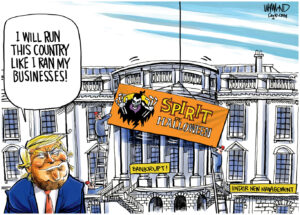
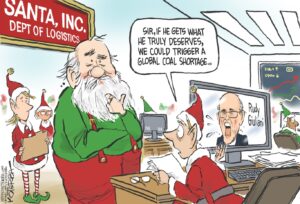
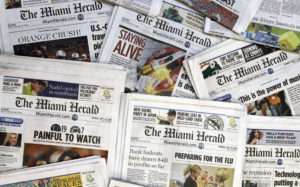
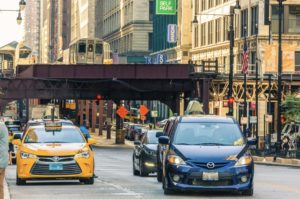

You need to be a supporter to comment.
There are currently no responses to this article.
Be the first to respond.